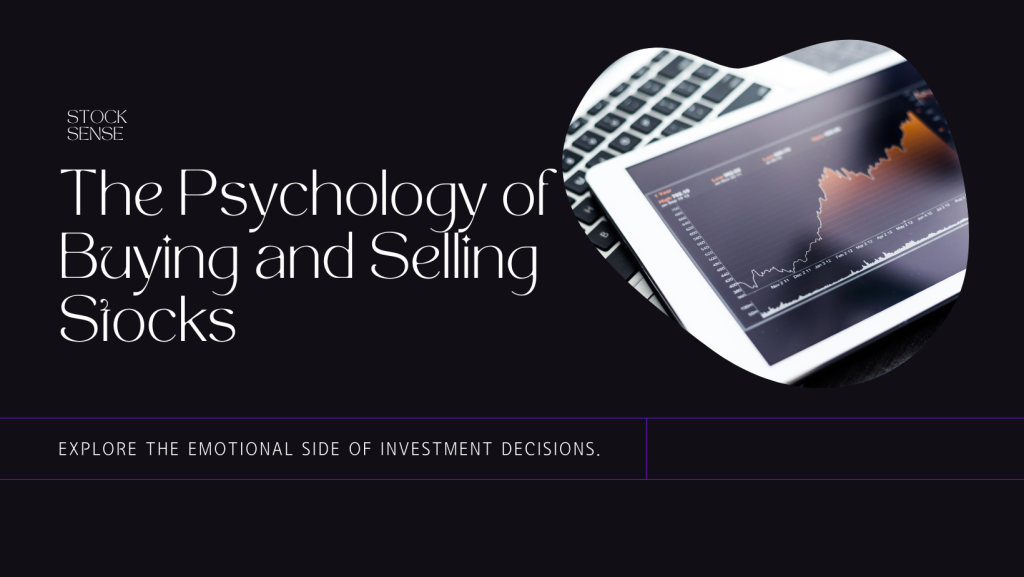Investing in the stock market requires navigating the intricacies of human psychology in addition to comprehending financial concepts. A variety of emotional and cognitive biases can affect the decisions made about which stocks to buy and sell, which can have an effect on the performance of investments. The psychology of purchasing and selling stocks is examined below:
Fear and Greed: These two strong emotions have the ability to influence how investors behave in the stock market. Investors may purchase stocks at exorbitant prices due to fear of missing out (FOMO), whereas during market downturns, their fear of losing money may cause them to sell their equities early. On the other hand, greed could lead investors to risk losing money by hanging onto winning positions for an extended period of time.
Confirmation bias is the propensity to ignore contradicting evidence in favor of information that supports preexisting views or attitudes. To justify their investment choices, investors may selectively interpret news and data, which could result in skewed perspectives and less than ideal results.
Loss aversion is the inclination to favor avoiding losses above realizing comparable gains. Gains are rarely as satisfying to investors as losses are, which drives them to take illogical actions to prevent losses, such selling stocks at the first sign of a decline.
Overconfidence: Overconfidence bias is the result of investors overestimating their capacity to outperform the market and forecast changes in the market. Excessive trading, inadequate risk management, and ultimately underperformance in comparison to the overall market might result from this.
Herd mentality is the term used to characterize people’s propensity to mimic the acts and behaviors of the group, frequently without conducting their own independent research or coming to logical conclusions. Herd mentality in the stock market can cause inflated price swings and bubbles as investors rush to purchase or sell in response to what other people are doing.
Investors can make more disciplined and logical decisions if they have a better awareness of the psychological aspects that affect their buying and selling decisions. By being cognizant of cognitive biases, obtaining reliable information, and following a clear investment plan, one can lessen the effects of psychological biases and enhance long-term investing results.




